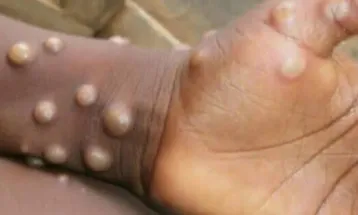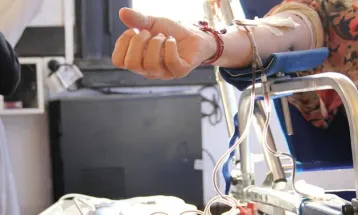
Sierra Leone Boosts Animal Disease Detection with New ISAVET Training Cohort
On June 30, 2024, the Food and Agriculture Organization of the United Nations (FAO), in partnership with Sierra Leone’s Ministry of Agriculture and Food Security (MAFS) and the United States Agency for International Development (USAID), launched the second cohort of the In-Service Applied Veterinary Epidemiology Training (ISAVET) program. This initiative is designed to enhance Sierra Leone’s ability to detect and respond to infectious diseases in animals, including those that can be transmitted to humans (zoonoses).
The inaugural ISAVET training, initiated in 2022 with 13 participants, aimed to address critical gaps within the country’s veterinary services. Sierra Leone’s diverse natural habitat and the growing interaction between humans and wildlife increase the risk of emerging diseases, exemplified by the Ebola Virus Disease (EVD) outbreak in 2014-2015.
Additionally, Sierra Leone faces challenges such as porous borders, inadequate infrastructure for animal disease control, and a shortage of human resources. These factors complicate efforts to combat transboundary animal diseases (TADs) like peste des petits ruminants (PPR), foot and mouth disease, rabies, and brucellosis. Outbreaks of these diseases pose significant threats to public health, economic stability, and food security.
The ISAVET program addresses these challenges by offering on-the-job training to veterinarians and paraprofessionals, focusing on practical skills necessary for disease surveillance, reporting, and response at the local level. The second cohort includes 21 animal health workers who will undergo four weeks of classroom instruction followed by three months of mentored field projects at their respective duty stations. Successful participants will receive a Certificate of Participation upon completion.
The launch ceremony in Makeni was attended by representatives from various ministries and organizations, including health, environment, and academia. FAO Assistant Representative for Programme Harding Wuyango emphasized the crucial role of veterinarians in safeguarding animal health and supporting economic growth. He also acknowledged the steadfast support from USAID and the pivotal role played by the Directorate of Livestock and Veterinary Services.
Deputy Minister of Agriculture and Food Security, Hon. Sahr Hemorh, highlighted that the ISAVET training would empower veterinary services, enhancing their ability to detect and report diseases effectively. This effort aligns with the government’s “Feed Salone” initiative aimed at improving national food security.
The ISAVET program, developed by FAO, the Texas A&M University Institute for Infectious Animal Diseases (IIAD), and other collaborators, was first launched in 2018. It addresses animal disease threats in 14 countries across West, Central, and East Africa. Funded by USAID through the Global Health Security Agenda (GHSA), ISAVET provides agriculture ministries with the expertise needed to combat animal diseases and safeguard public health.
The success of ISAVET in Sierra Leone relies on the dedication of a national steering committee, trained mentors, and a competitive selection process for participants. This initiative represents a significant advancement in strengthening the country’s veterinary services and enhancing its capacity to manage animal disease threats effectively.

















